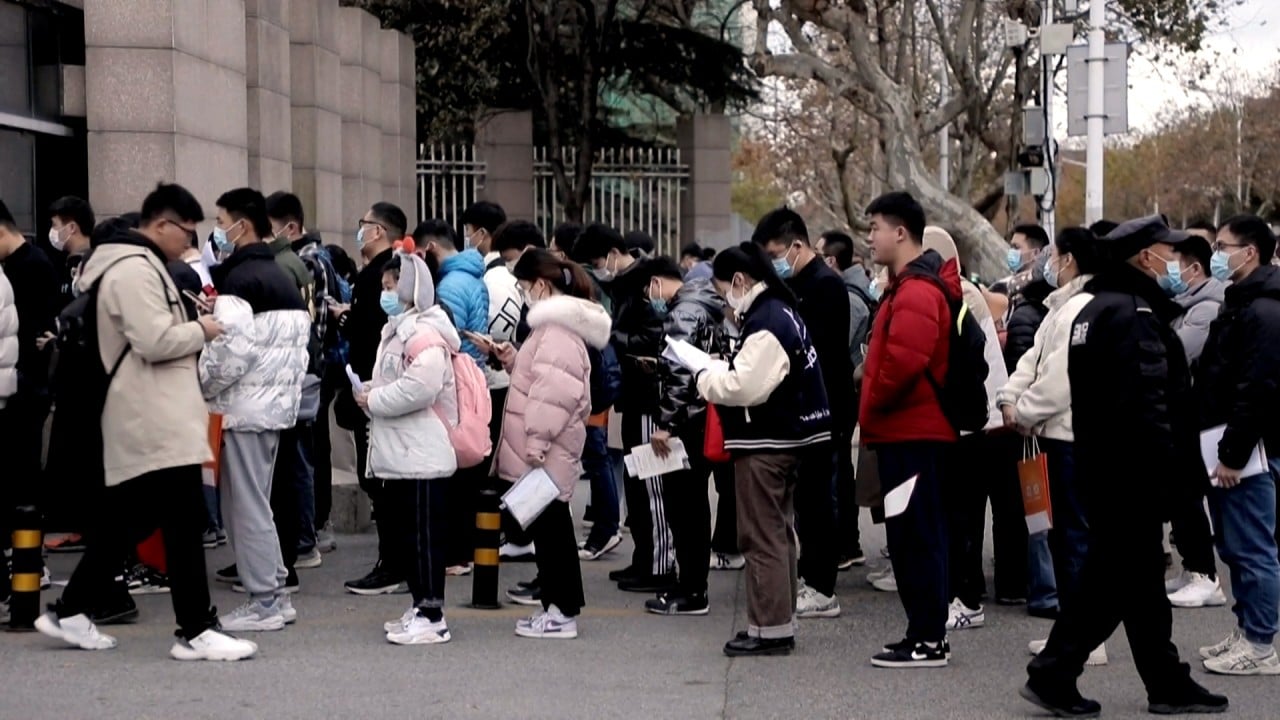In China, jobseekers with chronic illness start to stand up against discrimination
- Health standard that excludes many from public service is now default in other industries, leaving otherwise qualified applicants despondent

But her hopes evaporated after she was stuck at the final hurdle: her pre-employment physical examination flagged Hashimoto’s thyroiditis (HT), a chronic autoimmune disease.
Her condition is not disabling and does not warrant special intervention but the hospital deemed Liang unfit for the job because she did not meet required health standards for public servants.
“It was really shocking and I couldn’t understand why it was a barrier,” Liang said. “As a doctor who has spent nearly 10 years in undergraduate and graduate studies, I found out that I was rejected from the medical profession due to a disease that does not affect my work and daily life. This is a devastating blow. I feel that I am being deprived of my right to survive and make a living.”
Liang is far from alone. Amid a bleak outlook and intense competition in China’s job market, many jobseekers have been turned down, not because of ability or performance, but after physical exams exposed chronic conditions – such as HT, polycystic kidney disease and high blood pressure, according to numerous posts shared on multiple social media platforms, and court documents obtained by the South China Morning Post.

